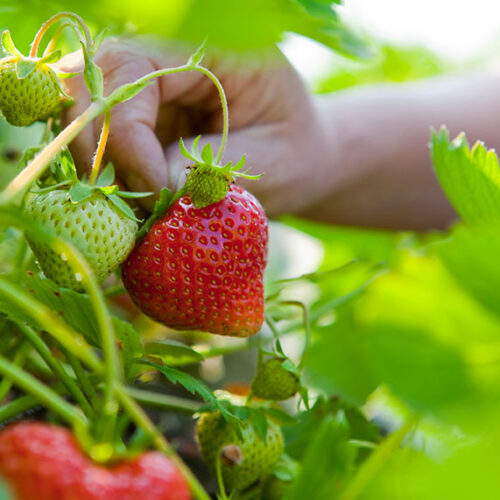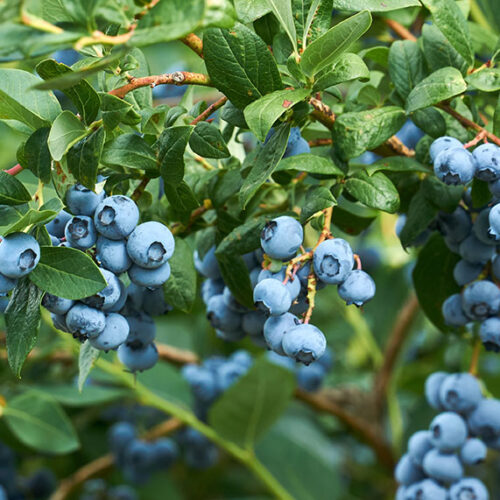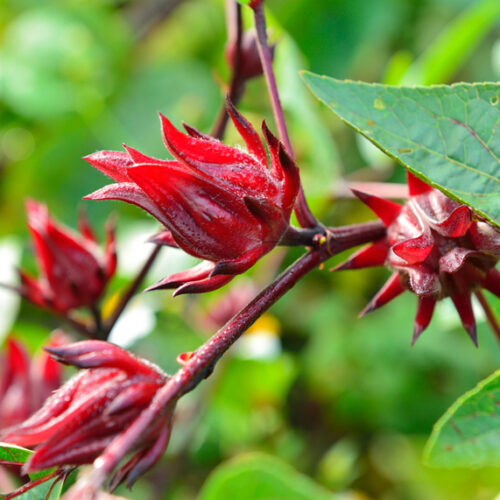Does fruit need sunlight to ripen?
2023-01-16T10:56:29+11:00
You might have heard you should put green tomatoes on a sunny windowsill or open up a fruit tree’s canopy to hasten ripening, but is it true? Here's a look at the science – and limits – of these claims.
While sunlight does influence ripening indirectly, fruits don’t actually need direct exposure to the sun’s rays to ripen, and in some cases, it does more harm than good. The primary factor that stimulates the ripening of fruit is ethylene gas, which is a naturally occurring ripening agent produced by fruit as it matures. Have you have ever tried to force an avocado to ripen by slipping it into a paper bag with a banana? It’s the ethylene gas produced by the fast-ripening banana that’s doing the business, while the avocados are completely in the dark.
Temperature influences ripening, too, and the optimum temperature varies for different fruit. If it’s too cold, ripening will be slow; too hot, and the fruit will quickly over-ripen. While sunlight doesn’t have a direct effect on the fruit ripening process, the warmth it creates does. Putting a slow-ripening tomato on a windowsill to capture extra warmth late in the season when conditions are cool is normally okay, but if you expose a green tomato directly to the sun’s rays on a hot summer’s day, it will likely suffer from scald, which will destroy the fruit. You see this in tomatoes and capsicums while the fruit are still on the plant.
If you open up the centre of a fruit tree, the extra warmth will have a marginally positive effect on ripening, but it’s not necessary. The greatest benefit of the extra light is an increase in flower and fruit production on the inner branches of the tree. An open canopy also encourages greater airflow, which will minimise potential fungal problems.
Photo by iStock





